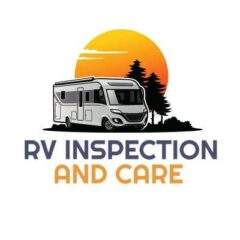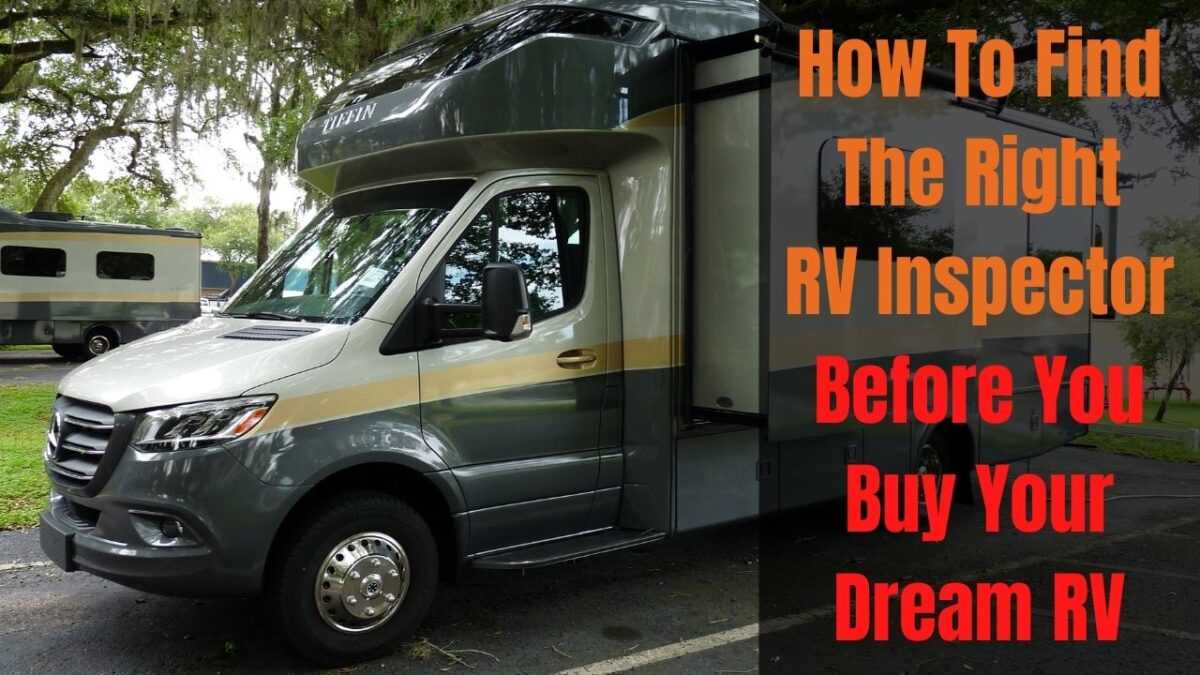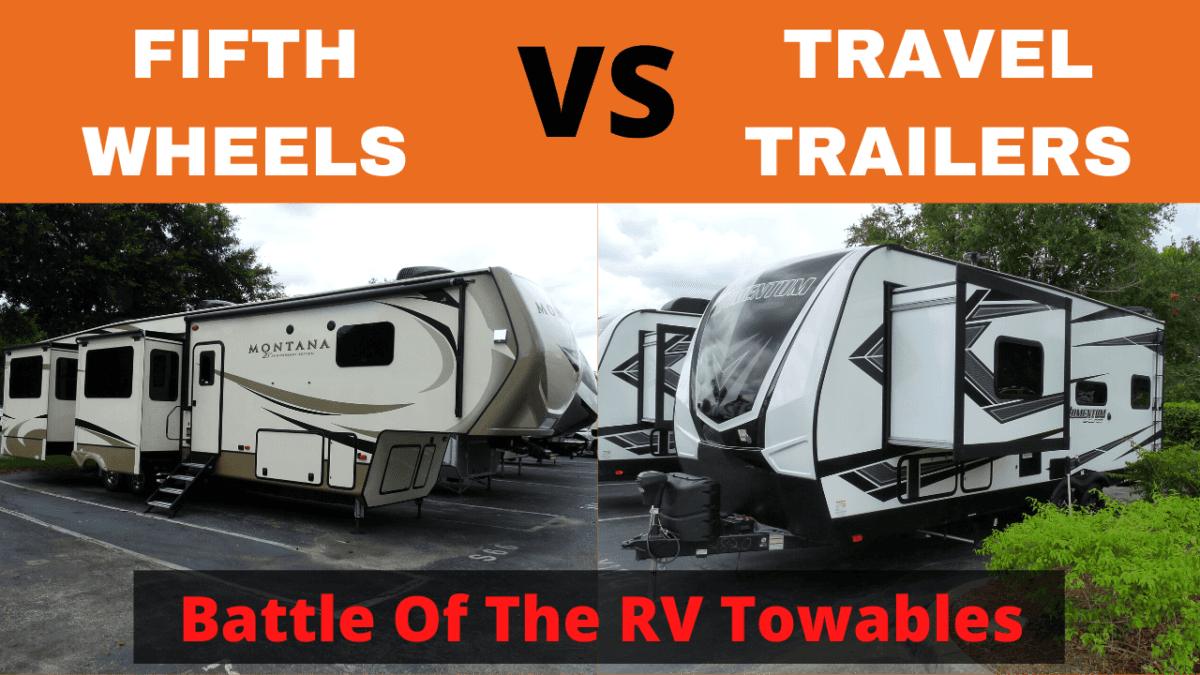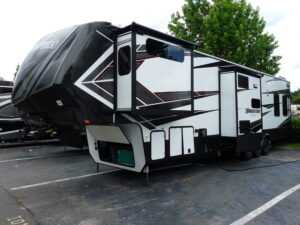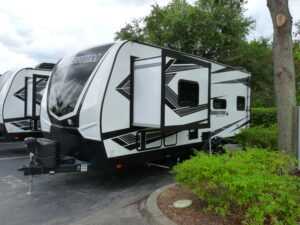RV bugs and insects can turn an enjoyable RV outing into something completely different very quickly.
Of course, when you think about it, we often bring our RVs into their domain. After all, camping in nature is something RVers love to do. And that is their home.
But there are ways to keep your RV essentially free of bugs and insects. We are talking about pests like spiders, roaches, fleas, mosquitoes and others.
Keeping them out of your RV is what this article is all about. So lets start with how to prevent their access to your rig in the first place.
Read about how to get rid of mice in your RV by clicking here
Disclosure: Please note this post may contain affiliate links. This means – at no additional cost to you – I earn a commission if you make a purchase using our affiliate links. I only link to products and companies I use and feel comfortable recommending. The income goes toward supporting the free content on this website
Table of Contents
- RV Bugs And Insects – What You Need To Do
- RV Bugs And Insects – Prevention Measures To Take
- What To Do If you Have An Infestation
- Getting Rid Of Mosquitoes
- What About Other Flying Insects?
- How About Snakes In Your RV?
- RV Bugs And Insects Conclusions
RV Bugs And Insects – What You Need To Do
To really be able to take steps to prevent having pests in your RV, you need to know what they want.
Simply put, they are looking for water, food and shelter. Pretty much like we do in our own daily lives.
So you need to think of ways to deny them access to what they are searching for. And try to make your rig as inhospitable to them as possible.
By doing that you can keep them from ever setting up shop in your RV in the first place.
RV Bugs And Insects – Prevention Measures To Take
Here are the top recommended measures you can take to prevent pests from making a home in your RV:
- Keep your RV and campsite clean – this is one of the most important steps to take. Leave no food sitting out anywhere inside or outside the RV. Don’t leave dirty dishes or standing water in the sink. And wipe down all kitchen counters and tables often.
- Store all the foods that you can in sealed plastic containers. Don’t leave them in boxes. Pests can still get into a box. But sealed plastic containers makes your dry foods unattainable for bugs and insects.
- Don’t leave your RV door open for long when entering and exiting the RV. If you want to open the door for ventilation make sure that you use a screen door to prevent access for pests. The same goes for RV windows. Use screens that will keep the bugs out.
- Make a concerted effort to seal up all holes and gaps you can find where pests can get in. This will probably include hunting around underneath the RV for possible entry spots. Gaps can often be found especially where things like electric cords and water pipes are installed. Remember that only a few small gaps can be all that most pests need to get inside. So use things like gap filler sealant to eliminate those gaps and holes.
- Use natural scents and smells to repel pests. There are plenty of solutions that RVers have found to be effective. These include citrus juice and water sprays, eucalyptus oil or peppermint oil on cotton balls, and dryer sheets. Using more than one of these home remedies is most effective. And you will need to reapply them from time to time as well.
- Sprinkle diatomaceous earth around anything that touches the ground outside your RV. This material is deadly to the exoskeletons of many insects. So use it liberally and often. And reapply it, especially after a rain.

What To Do If you Have An Infestation
But what can you do if RV bugs and insects are already infested in your RV?
Well, in that case you will need to bring out the big guns to eradicate them. And don’t go timid here or waste time addressing the problem.
Allowing an infestation to go on for a while can cause permanent damage to some areas of your RV.
So here are a couple of very effective actions to take right away:
- Insect foggers are very effective. So use the recommended amount for your size RV. Just be sure to use them safely and according to the directions found on the fogger label. And never allow any person or pet inside the RV while the fogger is being used.
- Spraying a good insecticide along all the bottoms of every wall is also effective to get rid of pests. And don’t forget the inside of closets and under counters. Again, there is a need to be safe in the application of this kind of product. Always follow the application directions found on the product label. But if you feel uneasy about applying an insecticide, you may want to hire a professional exterminator to do it for you. This is the safest option to take.
Getting Rid Of Mosquitoes
Mosquitoes are kind of in a class of their own when it comes to RV pests. Most often they are a problem to contend with outdoors, not inside the RV.
This is especially true in the summertime when you want to sit outside in the evenings. They can turn a relaxing and pleasant experience into an irritating nightmare quickly.
So here are some of the methods for dealing with mosquitoes that have been found to be effective:
- Citronella candles – if pure citronella is used in the candle wax, these can be very effective to repel mosquitoes. But you may need several of them depending on the area you need to cover.
- Thermocell patio shields – these are also known to be very effective as a mosquito repellent. Usually only a couple will cover a fairly large area too.
- A bug zapper – quite a few RVers carry bug zappers with them to lure pesky flying insects away and kill them.
- Spray repellents like Repel and Off Deep Woods are also effective to keep the little monsters away. Just be sure to follow the label directions to use them safely.
- An enclosed screen room – this is one of the most effective measures for handling mosquito infested areas. There are easy-up screen rooms that are available online that can effectively fence them out. And they fold down to a very small size for storage and travel too.
What About Other Flying Insects?
Mosquitoes are certainly a threat to enjoyable RV camping. But by no means are they the only flying insect problem.
What about wasps and mud daubers? We have had to deal with these pesky and determined insects regularly.
So the first step to protecting yourself against these aerial intruders is using bug screens. Especially to cover the intake and exhaust on your RV furnace. Here is a picture of what I mean:
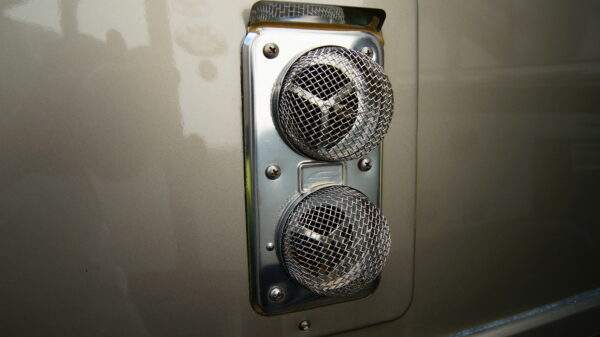
These simple to install screens can make sure that flying insects don’t get into your RV. And they also make them for your water heater exhaust screen as well.
Besides this prevention measure, it’s always a good idea to keep some wasp spray handy too.
It has been a big help to us on a few occasions when we faced a mud dauber infestation.
How About Snakes In Your RV?
Of course, small bugs and insects are a nuisance in your RV. But snakes can be downright dangerous.
So what can you do to make sure that they don’t make a home in your RV?
As I said above, denying a water and food supply works very well for most pest problems. And that applies to snakes as well.
If you find snake skins in your RV, that is clear evidence that a snake has set up shop in your rig.
And most likely that is because there is a food supply that is also in there with them. Usually mice.
So follow the link I placed above to another article I wrote on how to deal with RV mice. And if you follow those guidelines, most likely your snake will disappear too.
RV Bugs And Insects Conclusions
Clearly, there are lots of pests that can make your RV adventures less enjoyable.
But there are also lots of solutions that many RV travelers and campers have found to be effective.
It will take some planning ahead to have everything you need on hand. But most of the pest repellent products listed above do not take up much precious RV storage space.
If you have found pest removal solutions other than what is mentioned in this article, please comment below. If you share your experience, it can benefit others and contribute to their RVing enjoyment too.
As always, have safe and happy travels my friends …..
